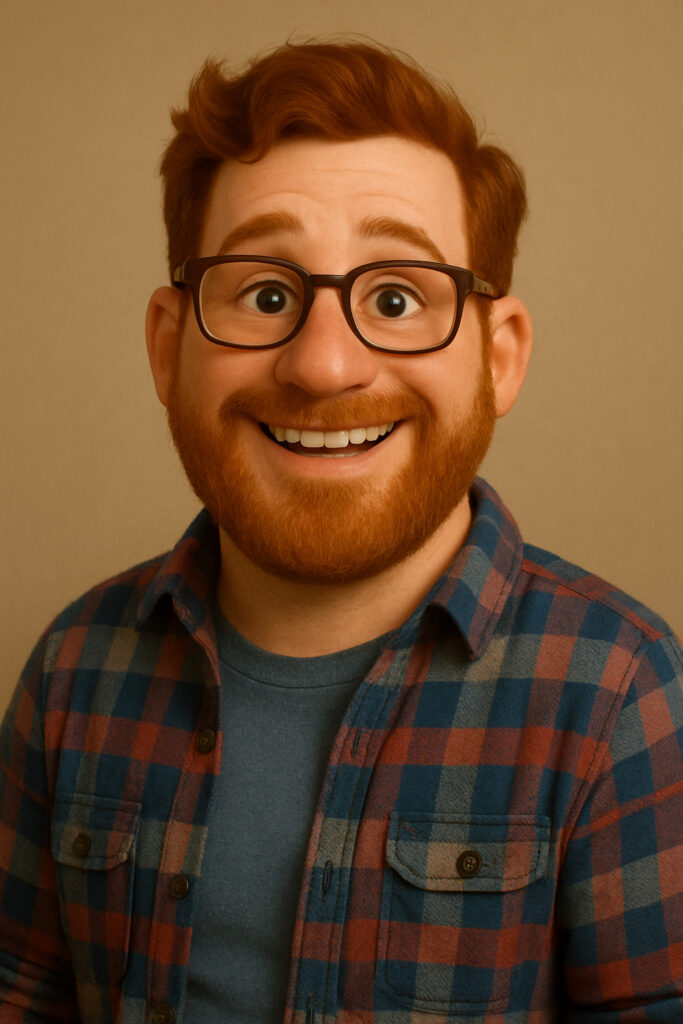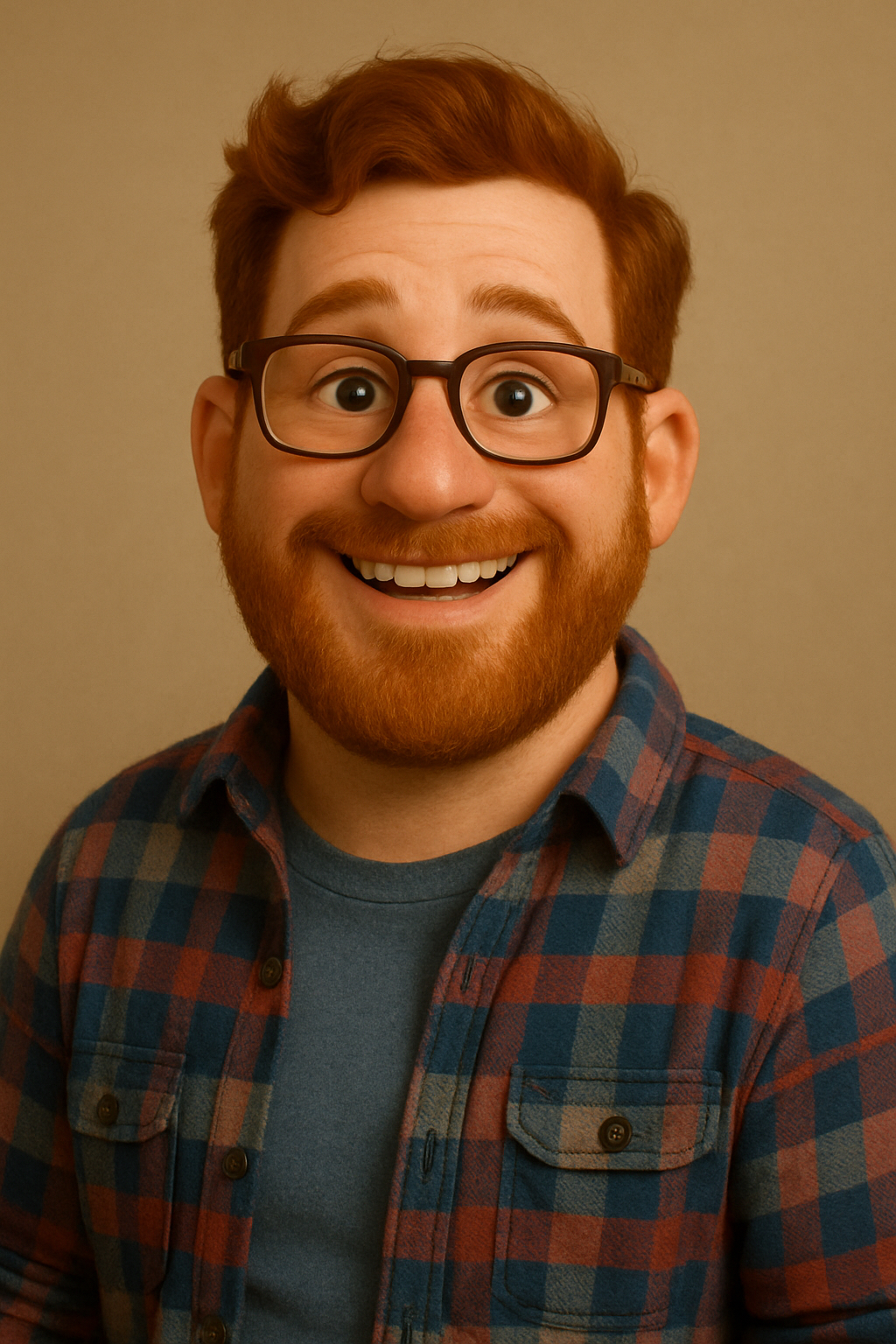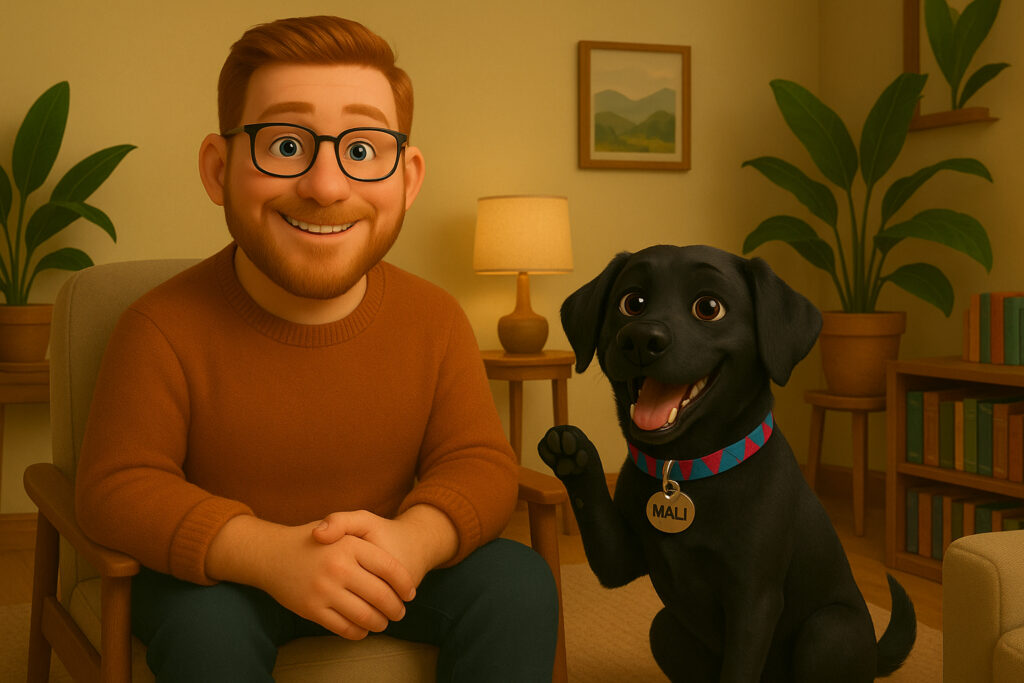Whether you’re looking for gender-affirming care/assessments, ADHD supportive therapy, parent coaching, or support for your neurodivergent teen, I’m here for it. My practice is inclusive, affirming, and rooted in deep respect for the communities I serve.




 Inpatient and outpatient psychiatric care
Inpatient and outpatient psychiatric care Gender-affirming care and assessment
Gender-affirming care and assessment School-based supportive mental health programs
School-based supportive mental health programs First Nations communities
First Nations communities Chronic pain clinics
Chronic pain clinics Court-mandated treatment programs
Court-mandated treatment programs Research on innovative solutions to end homelessness
Research on innovative solutions to end homelessness Neurodiversity and executive functioning support
Neurodiversity and executive functioning support Motivational speaking & mental health leadership
Motivational speaking & mental health leadership Working with Veteran’s and Families
Working with Veteran’s and Families